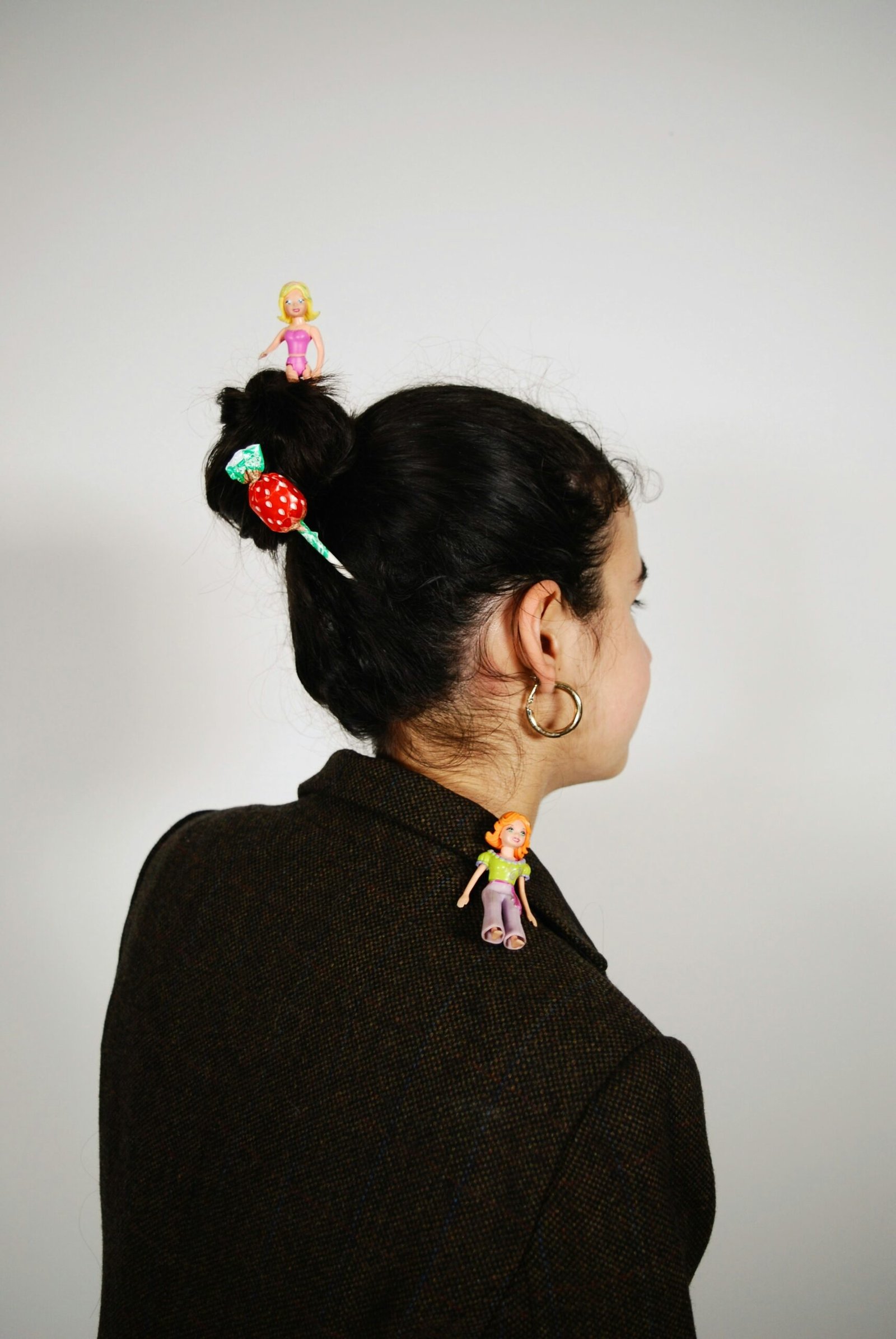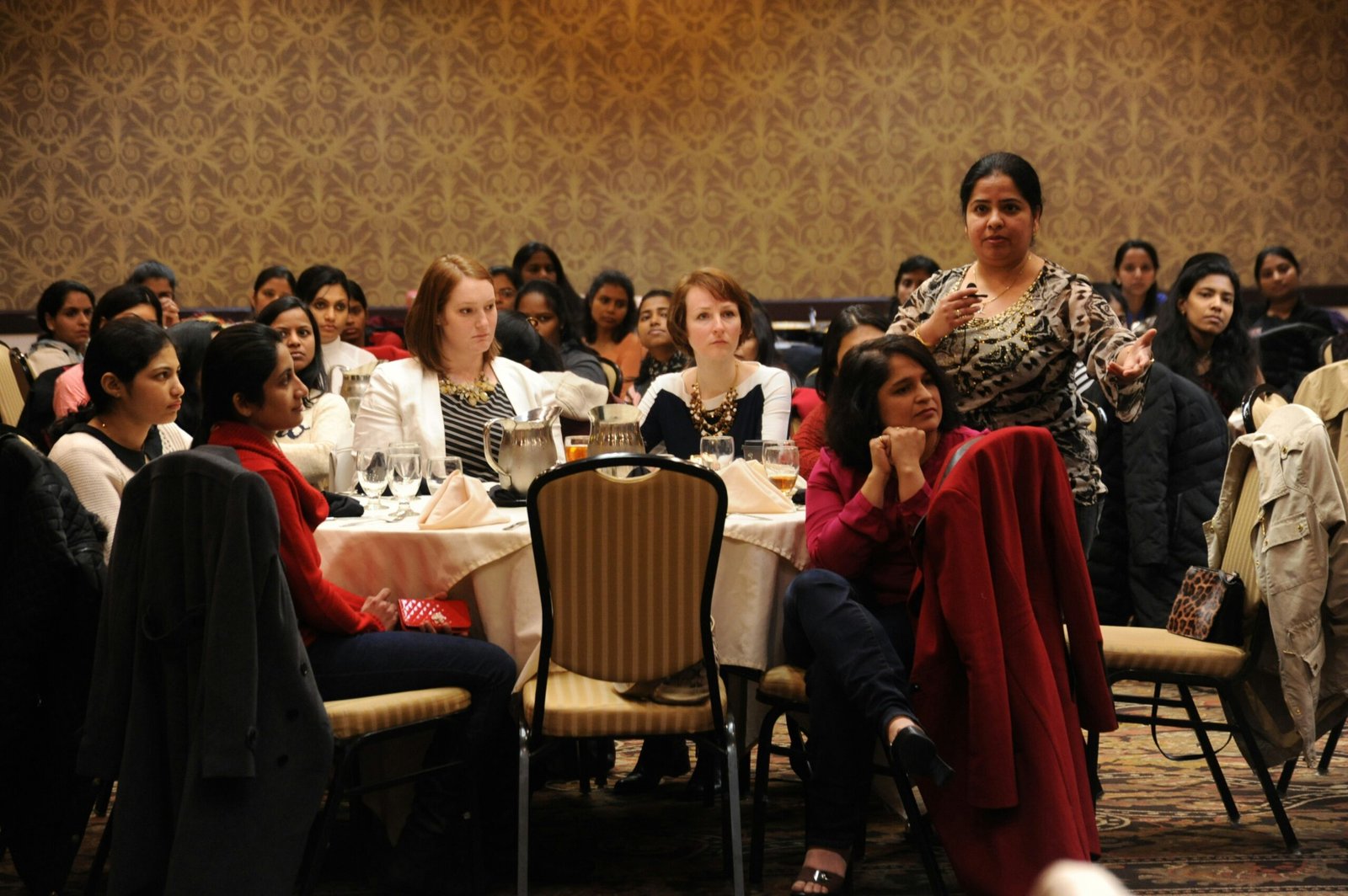Raising Respectful Kids: The Ultimate Guide to Positive Discipline

Introduction
Positive discipline is an approach to parenting that focuses on nurturing respectful and responsible children. It is a method that encourages parents to build a strong connection with their children while teaching them important life skills. Unlike traditional discipline methods that rely on punishment and control, positive discipline emphasizes mutual respect, open communication, and problem-solving. In this blog post, we will explore the key principles of positive discipline and how they can be applied in everyday parenting situations.
Building a Strong Connection
One of the fundamental principles of positive discipline is the importance of building a strong connection with your child. This involves actively listening to them, showing empathy, and spending quality time together. When children feel understood and valued, they are more likely to cooperate and follow the rules.
To build a strong connection, it is essential to create a safe and supportive environment at home. This includes setting clear boundaries and expectations, while also allowing children to express their thoughts and feelings. By creating an atmosphere of trust and respect, parents can foster a positive relationship with their children.
Teaching Important Life Skills
Positive discipline aims to teach children important life skills that will serve them well in the future. Instead of simply punishing undesirable behavior, parents are encouraged to focus on teaching their children the appropriate skills and alternatives.
For example, if a child is consistently forgetting to do their chores, instead of punishing them, parents can sit down with them and discuss the importance of responsibility and contributing to the family. Together, they can come up with a plan to help the child remember their chores, such as creating a chore chart or setting reminders. By involving the child in problem-solving, they learn valuable skills that will benefit them throughout their lives.
Effective Communication
Communication is a vital aspect of positive discipline. It involves both listening to your child and expressing your expectations and concerns in a clear and respectful manner. When conflicts arise, it is important to approach them as opportunities for growth and learning, rather than as battles to be won.
Active listening is a key component of effective communication. It involves giving your child your full attention, maintaining eye contact, and truly understanding their perspective. By listening attentively, parents can gain insight into their child’s thoughts and feelings, which can help them address any underlying issues.
When expressing expectations and concerns, it is important to use “I” statements instead of “you” statements. For example, instead of saying, “You never listen to me,” a parent can say, “I feel frustrated when I have to repeat myself.” This approach avoids blaming and creates a more open and constructive dialogue.
Consistency and Natural Consequences
Consistency is key when it comes to positive discipline. Children thrive on routine and predictability, so it is important for parents to be consistent in their expectations and consequences. This means following through with the agreed-upon consequences and not making empty threats.
Positive discipline also encourages the use of natural consequences whenever possible. Natural consequences are the logical outcomes of a child’s behavior. For example, if a child refuses to wear a jacket on a cold day, the natural consequence would be that they feel cold. By allowing children to experience the natural consequences of their actions, they learn valuable lessons and develop a sense of responsibility.
Conclusion
Positive discipline is a nurturing approach to parenting that focuses on building a strong connection with children while teaching them important life skills. By creating a safe and supportive environment, teaching valuable skills, practicing effective communication, and being consistent in expectations and consequences, parents can raise respectful and responsible children. Positive discipline not only helps children develop into well-rounded individuals but also strengthens the bond between parents and their children.






